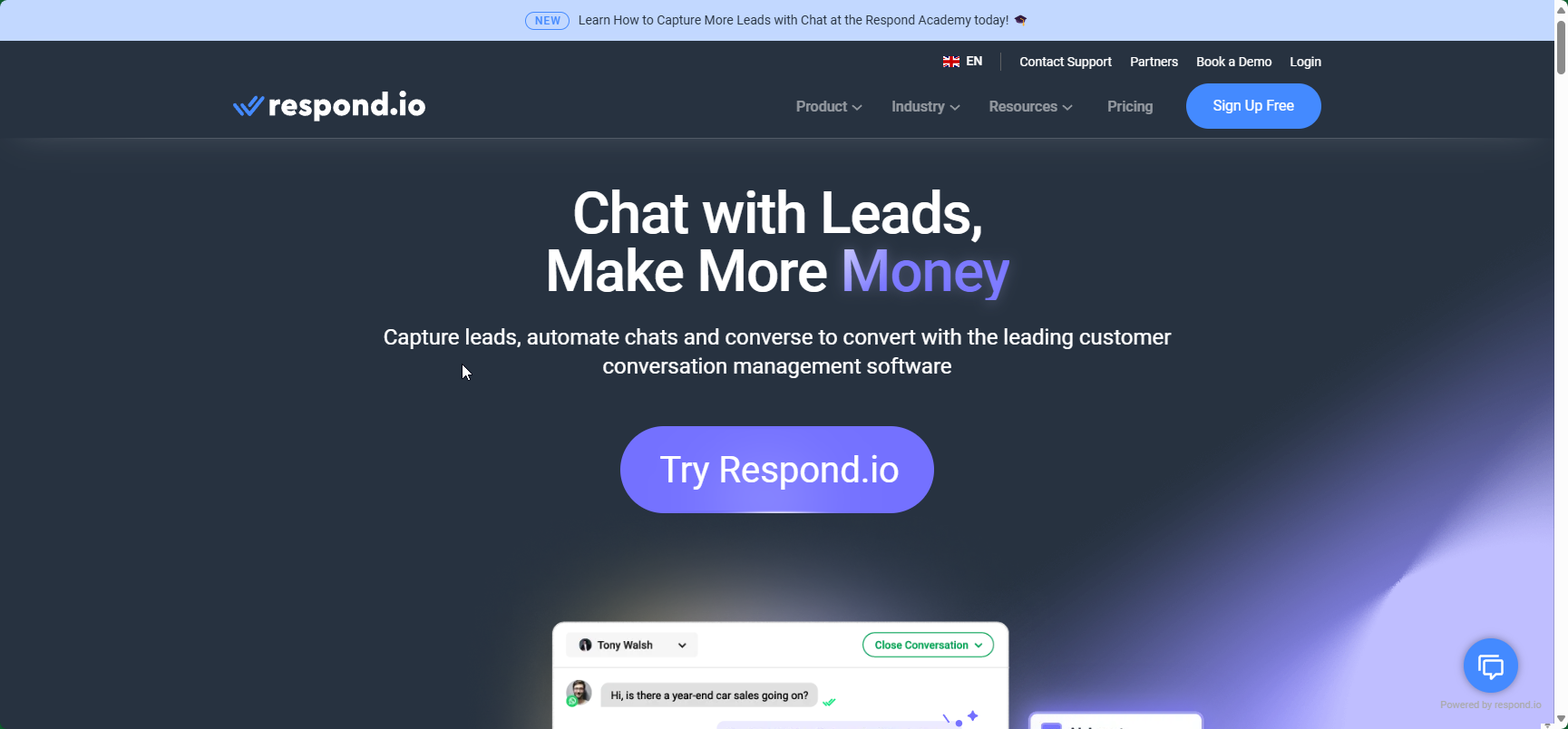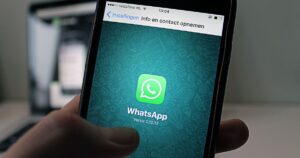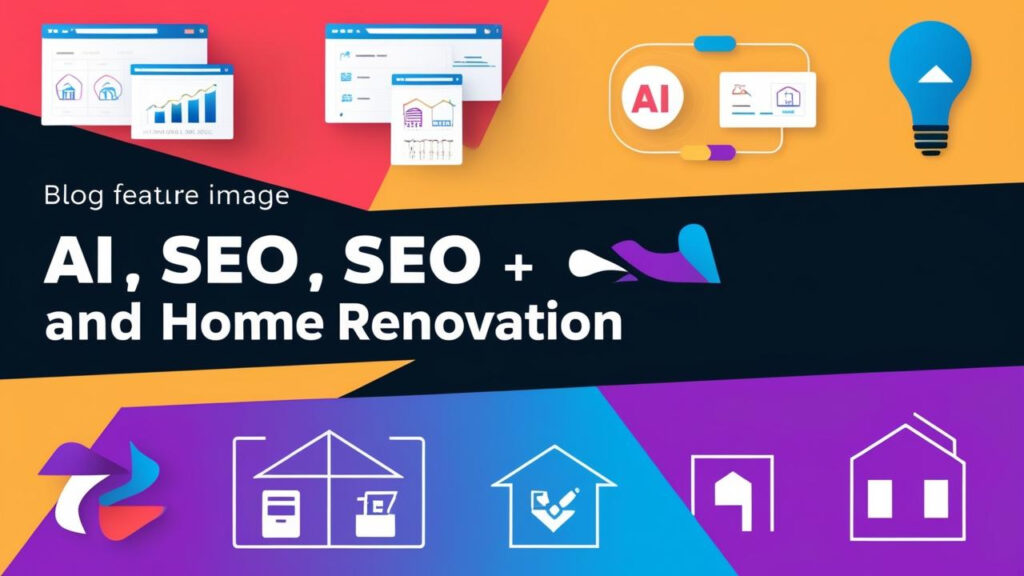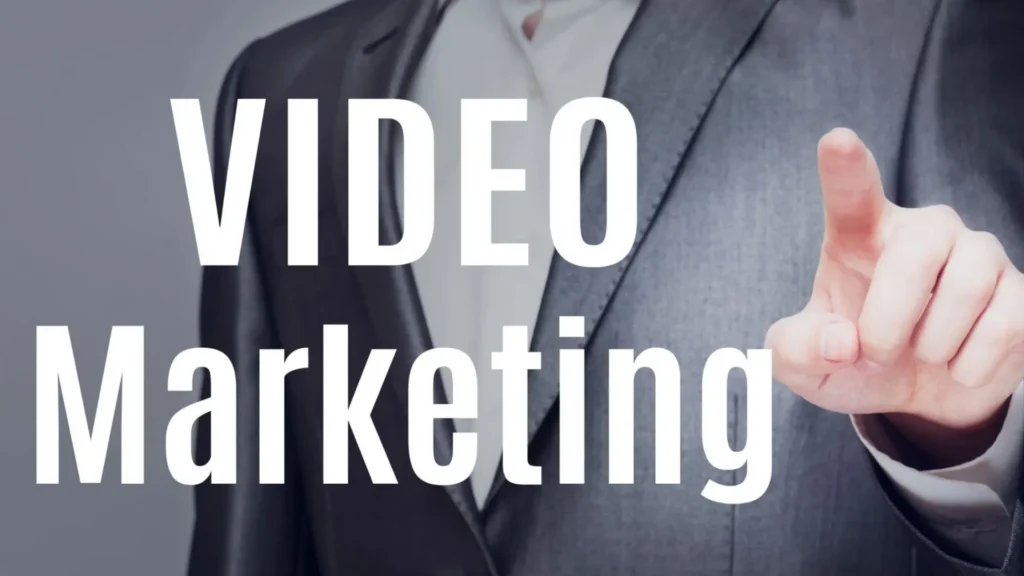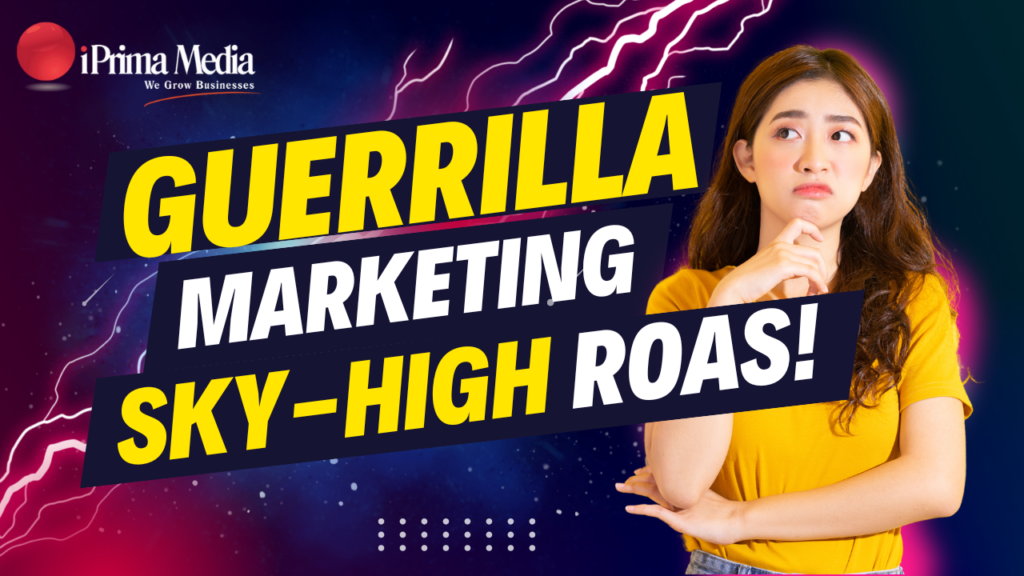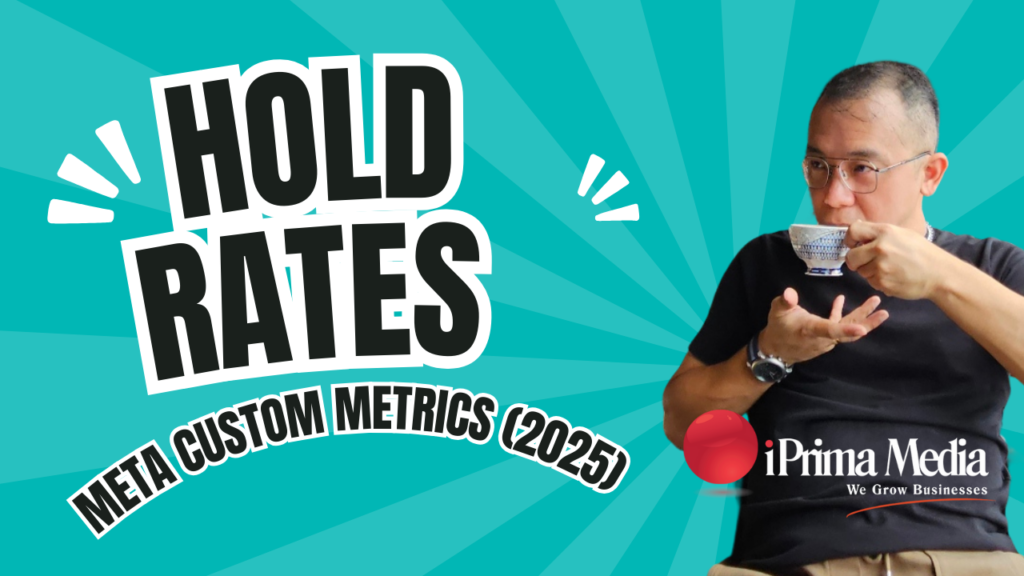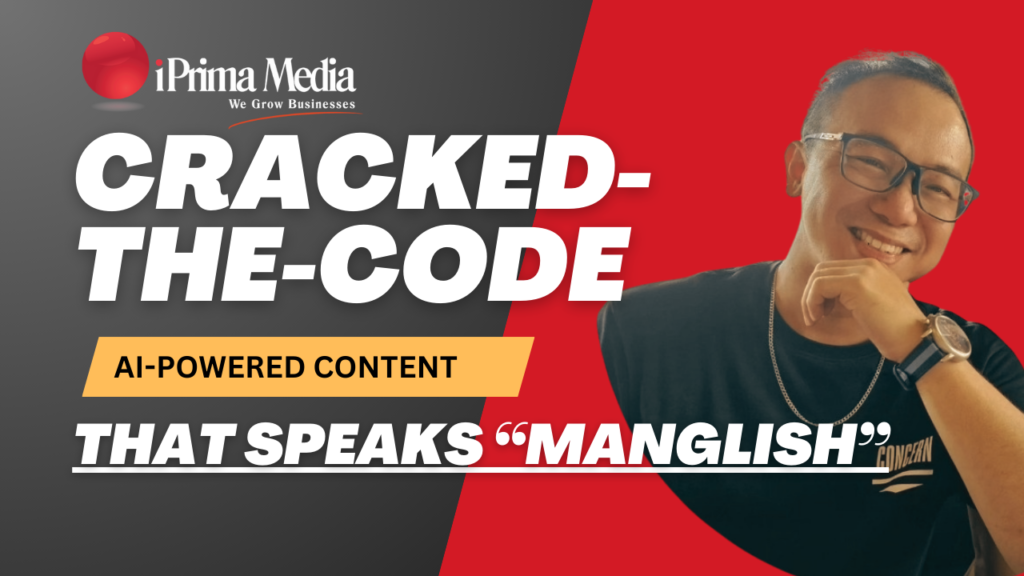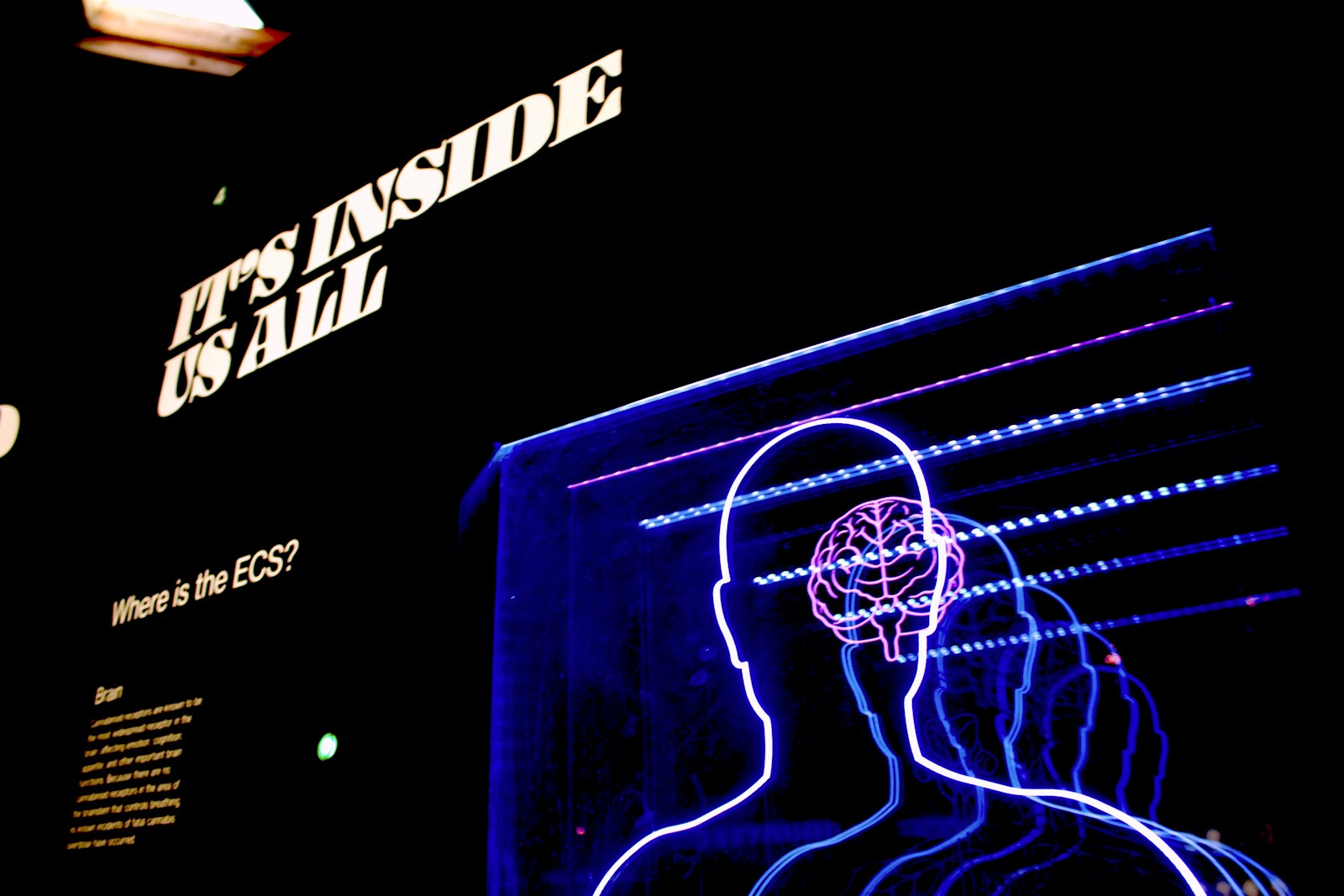
Impulsive buying drives spontaneous purchases.
Research shows that impulsive buying often arises from emotional triggers. These emotions and smart and timely marketing strategies have paved the way for unprecedented success, particularly in addressing compulsive shopping behaviors. Essentially, the allure of instant gratification can be harnessed to create compelling shopping experiences that result in unplanned purchases.
Case in point: a limited-time offer.
This marketing strategy catapults impulsive buying – as the ticking clock incites buyers to make sudden decisions, transforming mere internet browsers into enthusiastic customers.
Companies that effectively capitalize on impulsive buying behaviors have experienced remarkable revenue growth, demonstrating that in 2023, now more than ever, recognizing and tapping into these spontaneous purchasing decisions can lead to extraordinary success. Such ventures provide a blueprint for innovative ways to capture and sustain consumer interest through strategically designed marketing stimuli.
Psychological Triggers Behind Impulsive Purchases
What drives individuals to make impromptu purchases under emotional and psychological cues?
In 2016, behavioral scientist, Dr. Susan Weinschenk, released findings that revealed how dopamine surges play a crucial role, reinforcing the neural circuits involved in pleasure and gratification.
It’s no mere coincidence that retailers meticulously design environments to target these pleasure pathways, employing tactics such as eye-catching displays and emotionally appealing advertisements.
Understanding the science behind the rush, marketers can strategically use this to make us feel it's worth the risk. Whether discounts flash before our eyes, or limited editions beckon, these tactics create an almost irresistible temptation.
Acknowledging this helps brands craft experiences that not only boost sales but also foster lasting consumer relationships.
Try AI Customer Service Agent Free
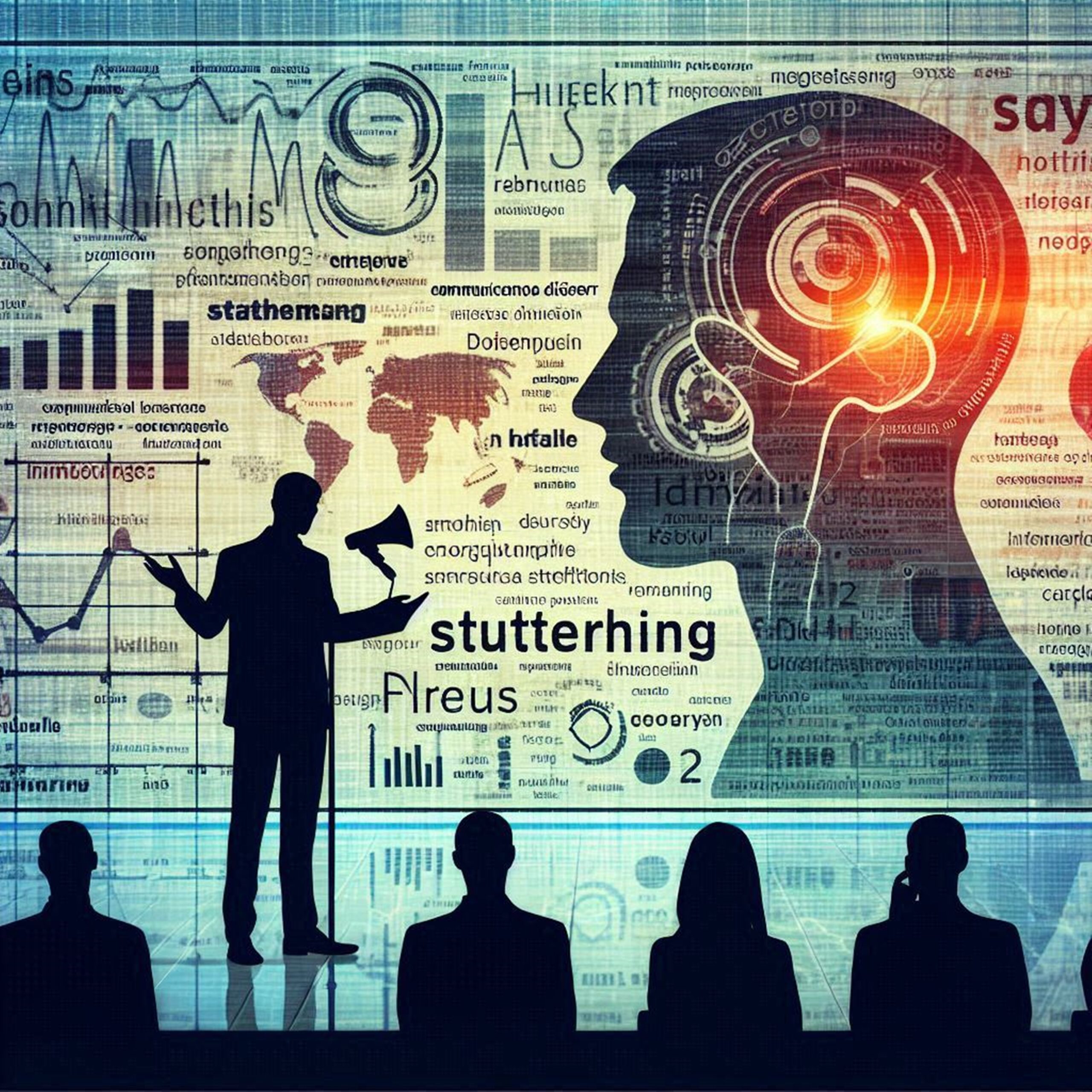
Ignite Impulse Buying: Powerful Marketing Tactics for Quick Conversions
Implementing limited-time offers and flash sales has proven effective in capturing spontaneous purchasers. These strategies intensify urgency, encouraging immediate decisions by tapping into fear of missing out.
Additionally, eye-catching visuals and emotionally driven narratives have shown remarkable success in stimulating impulsive behavior among consumers.
Limited-Time Offers
Limited-time offers are a powerful instrument, a catalyst of spontaneous transactions, driving consumers to act. Urgency fuels the emotional response, prompting swift decisions to seize fleeting opportunities.
Companies harness the psychology behind impulsive buying by triggering a sense of FOMO (fear of missing out). This real-time urgency pushes consumers to prioritize immediate acquisition over prolonged deliberation.
Brands using limited-time offers see up to a 35% increase in conversion rates during promotions.
Leveraging these strategies: not only do retailers experience a surge in sales, but they also cultivate discerning buyer loyalty. Consumers remember the thrill of the quick grab, bringing them back for more. Thus, limited-time promotions are a pivotal touchpoint in a dynamic and effective sales ecosystem.
Scarcity Tactics
Scarcity tactics leverage the principle of limited availability to stimulate impulsive buying behaviors among consumers. This method instills a sense of urgency and exclusivity.
- Flash Sales: Time-constrained sales events that create a buying frenzy.
- Limited Stock Alerts: Notifications indicating low inventory to prompt quick action.
- Exclusive Member Deals: Special offers available only to a select group of customers.
- One-of-a-Kind Items: Unique products that can vanish at any moment.
- Countdown Timers: Visual cues counting down the remaining time for a particular offer.
Such scarcity-driven strategies result in a psychological trigger—FOMO (fear of missing out). This catalyzes immediate purchase decisions.
Indeed, scarcity tactics not only boost immediate sales but also enhance long-term customer engagement and loyalty.
Eye-Catching Visuals

Eye-catching visuals are a powerful catalyst for impulsive buying, elevating the entire consumer experience.
Striking graphics grab attention instantly.
“Effective use of color, contrast, and dynamic images can evoke emotions, driving the urgency to purchase. These elements work synergistically to create a compelling narrative, capturing and maintaining consumer interest.”
By leveraging high-quality visuals, brands can pique curiosity and build an emotional connection with potential buyers. This connection, often immediate and instinctual, transforms casual browsers into committed purchasers, showcasing visual appeal as a vital strategy in driving impulsive buying.
Successful Case Study: Retail Giants

Target's innovative approach exemplifies a masterclass in leveraging impulsive buying, particularly through their strategic use of endcap displays. Positioned at the end of aisles, these displays spotlight new or discounted items, enticing shoppers to make spontaneous purchases.
Target taps into the excitement and urgency of limited-time offers by curating these displays with seasonal or trending products. This savvy technique drives immediate sales and fosters an engaging shopping environment that keeps customers coming back for more, thus demonstrating the profound efficacy of impulsive buying strategies in a competitive retail landscape.
Amazon's One-Click Purchase

Amazon's One-Click Purchase revolutionized the online shopping experience, allowing customers to complete transactions easily. Amazon simplified purchases by eliminating the traditional checkout process, promoting impulsive buying behavior.
This innovative feature significantly boosted sales.
Studies indicate that reducing friction in the buying process can dramatically increase conversion rates. Amazon's One-Click Purchase is a prime example of this principle in action.
The convenience of this feature encourages shoppers to make spontaneous purchases.
By streamlining the user experience, Amazon catered to existing customers and attracted new ones who appreciated the quick and easy shopping process.
Indeed, the success of One-Click Purchases underscores the power of strategic innovations to drive impulsive buying, demonstrating the importance of continuous improvement in e-commerce practices.
Target's Limited Edition Collaborations
Have you ever been captivated by the exclusive releases in Target's limited edition collaborations?
In 2016, Target partnered with a renowned fashion designer, resulting in collections that captivated customers and quickly sold out. The buzz these collaborations generated showcased the potency of impulsive buying.
Indeed, it’s no small feat that Target's strategy to create a sense of urgency with limited releases has changed the dynamics of shopping and motivated customers to make quick purchasing decisions.
With each release, the allure of owning unique items, coupled with scarce availability, has proven irresistible to many. Customers willingly stand in line or refresh web pages to secure their treasured finds.
These collaborations have boosted sales and solidified Target's reputation as a trend-savvy retailer.
Try AI Customer Service Agent Free
Innovative Digital Strategies
In today’s digital age, sophisticated marketing techniques are pivotal to harnessing the power of impulsive buying. Integrating data analytics, artificial intelligence, and real-time personalization has opened new avenues.
One exemplary case is the use of “one-click purchases.” This feature, a hallmark in today's e-commerce landscape, heightens the impulse to buy by ensuring a seamless checkout process. Platforms that excel here witness increased sales and enhanced customer loyalty driven by cutting-edge advancements.
Personalized Recommendations
By utilizing advanced algorithms and user data, companies tailor product suggestions that cater precisely to individual preferences, sometimes resulting in patterns of compulsive shopping. This customization enhances the impulsive buying experience and increases conversion rates.
Users are more likely to make spontaneous purchases when recommendations feel personal.
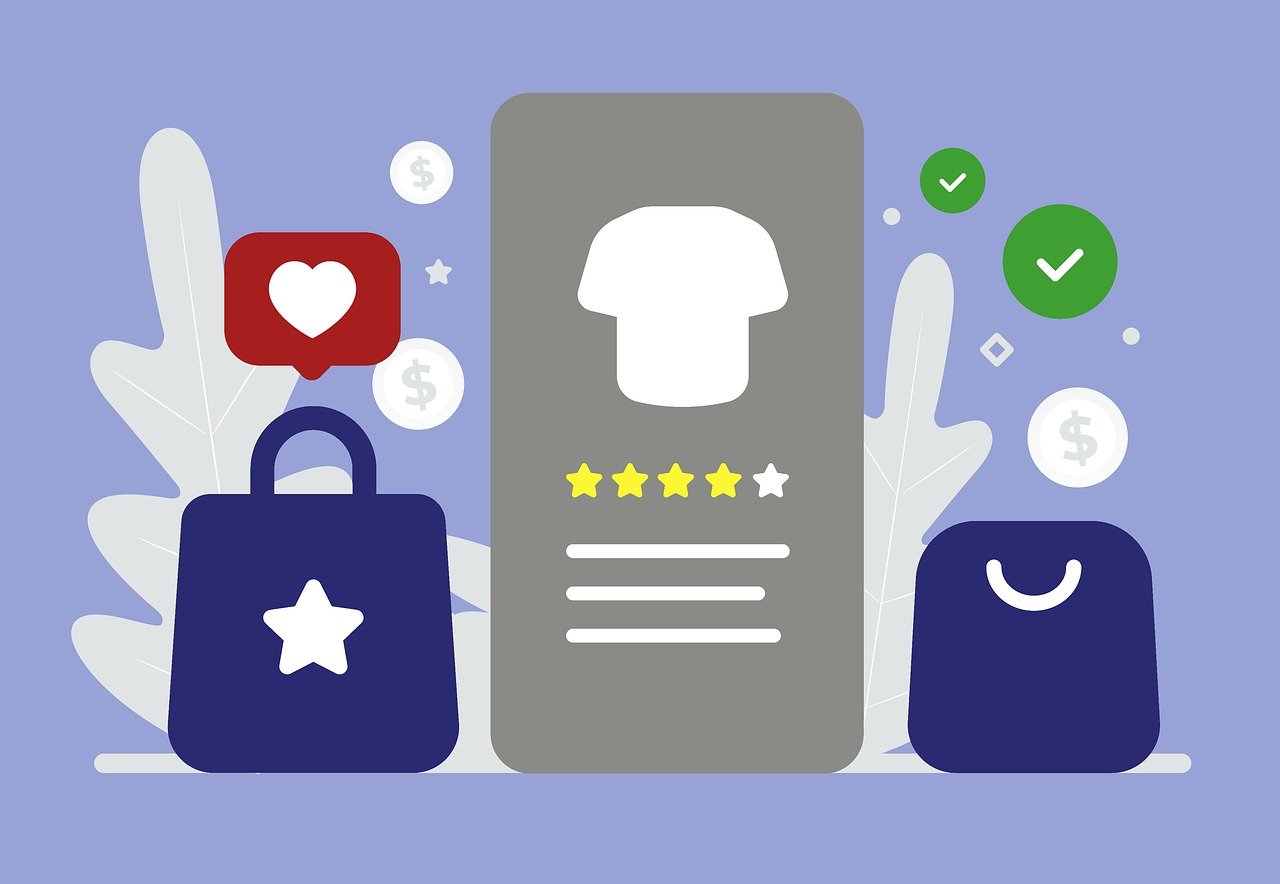
Retailers that excel in personalized suggestions often see a surge in impulsive buying, as customers feel a sense of connection and relevance. This technique fosters a curated shopping experience, making each interaction feel unique.
Fusing real-time data analytics and customer behavior insights allows for rapidly adapting recommendations.
As a result, users are continually engaged with products that resonate with their preferences, leading to higher satisfaction and increased sales. Such precision-driven approaches exemplify the power of personalized marketing in stimulating impulsive buying behaviors.
Abandoned Cart Emails
Abandoned cart emails are vital for converting indecisive shoppers into loyal customers, leveraging the principles of impulsive buying behavior.
- Timeliness: Send the first email within 24 hours.
- Personalization: Use the customer’s name and showcase the abandoned items.
- Compelling Subject Line: Craft a subject line that piques curiosity.
- Incentives: Offer discounts or free shipping to entice the purchase.
- Clear Call-to-Action (CTA): Include a prominent and easy-to-click CTA button.
These strategic components significantly increase the likelihood of recovering abandoned carts.
These emails foster a sense of urgency and relevance by addressing why shoppers abandon carts.
Thus, mastering abandoned cart emails can considerably boost your sales while enhancing customer satisfaction.
Role of Social Media in Impulsive Buying
By harnessing social media algorithms' power, brands can offer personalized content that resonates deeply with user preferences, encouraging impulsive buying behaviors.
Influencer Marketing
Influencer marketing serves as a dynamic catalyst in stimulating impulsive buying behaviors.
- Authentic endorsements enhance customer trust.
- Real-time product usage demonstrations create immediate desire.
- Exclusive discounts or offers through influencers incentivize spontaneous purchases.
- Lifestyle integration showcases how products fit seamlessly into daily life.
Consumers feel a genuine connection, enhancing the attractiveness of impulsive buys. Leveraging influencers' reach can transform product visibility and drive sales. Emphasizing relatability, influencers can normalize spontaneous purchases, making them feel excited and justified.
Shoppable Posts
Shoppable posts leverage social media’s visual appeal, enabling quick consumer decision-making and impulse buys.
Through shoppable posts, brands can embed direct purchase links within visually captivating content, reducing the steps between inspiration and transaction.
This streamlined process enhances the likelihood of impulsive buying, as the barrier to purchase is significantly diminished. The seamless integration of shopping and social experience amplifies consumer engagement, driving sales effectively.
These posts serve as a virtual storefront that is accessible anytime. By capitalizing on this feature, brands can reach potential buyers at peak moments of inspiration, offering an immediate path to purchase that aligns with the spontaneous nature of impulsive buying.
Try AI Customer Service Agent Free
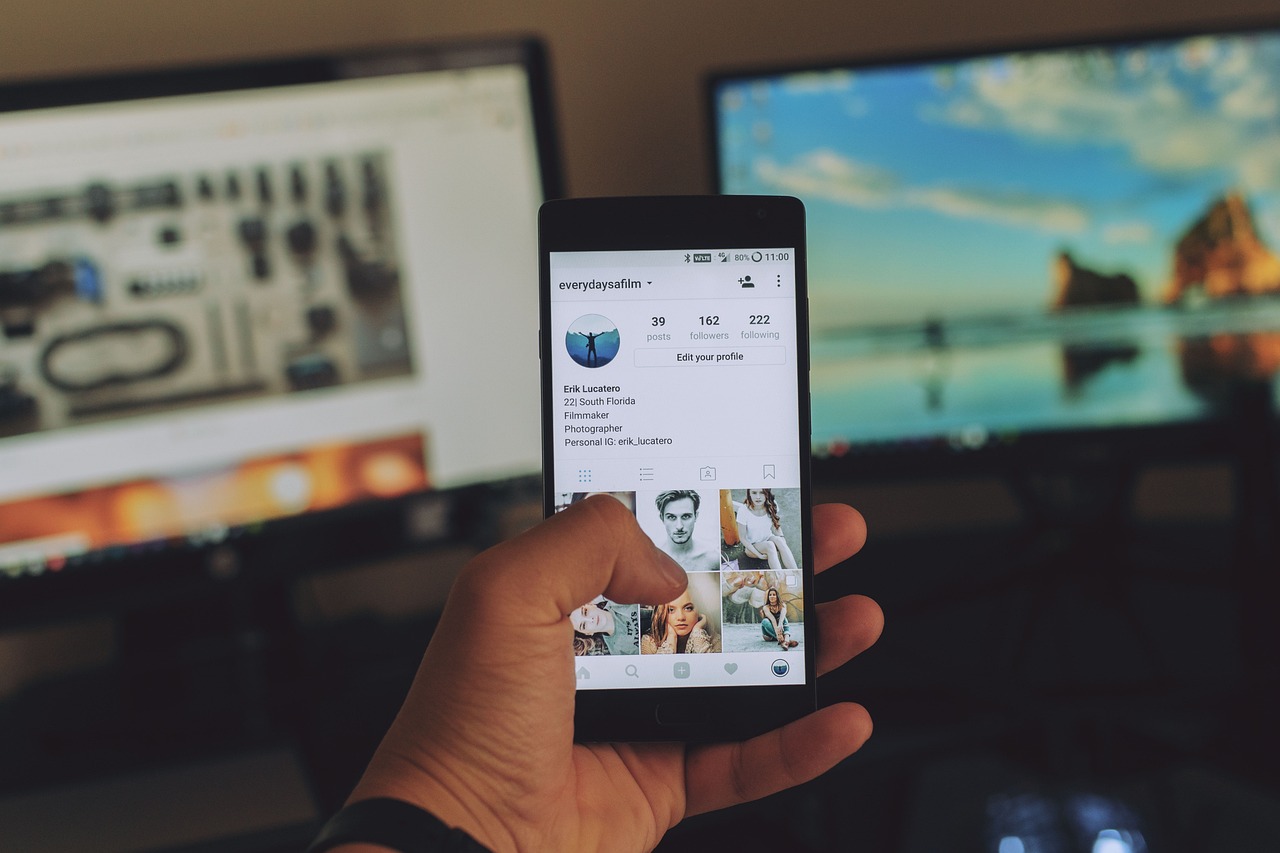
Shoppable posts exemplify modern marketing's blend of convenience and visual appeal, fostering a seamless, engaging shopping experience. They not only meet consumers at the height of their purchasing intent but also encourage a culture of spontaneous, enthusiastic buying. Unleash the potential of shoppable posts to enhance your brand’s visibility and drive dynamic, impulsive purchasing behaviors.
Utilizing AI Tools for Impulsive Buying
Harnessing artificial intelligence (AI) to drive impulsive buying is innovation at its finest. It transforms traditional consumer engagement strategies into a tailored, dynamic experience that captivates buyers.
AI-powered recommendations leverage vast data to predict consumer preferences and behaviors.
Therefore, customized suggestions appear at the optimal time, boosting spontaneous purchases.
AI enhances decision-making efficacy through real-time analytics, aligning offers with buyers’ immediate desires.
These intelligent tools personalize the shopping journey, presenting curated selections that effortlessly entice and engage consumers, fostering a culture of impulsive buying.
Ultimately, AI's role is pivotal in crafting an irresistible shopping environment. Embrace AI innovations to revolutionize your impulsive buying strategies and achieve unparalleled success in today's competitive market.
Try AI Customer Service Agent Free
Case Study: E-Commerce Success Stories
An online fashion retailer revolutionized impulsive buying by integrating AI-driven personalized recommendations into their platform, resulting in a significant sales boost.
Their innovative strategy captured customers' immediate desires, offering tailored product suggestions that led to higher conversion rates and an enhanced shopping experience.
Customers were impressed with the seamless, engaging journey, which led to a 30% increase in impulsive purchases within just a month. This case exemplifies the potential of combining AI with strategic marketing.
By harnessing the power of AI, e-commerce businesses can transform impulsive buying into a major revenue driver.
Psychological Insights from Case Studies
Delving into psychological insights unlocks hidden potentials of impulsive buying, providing profound understanding of consumer behavior.
These insights elucidate why spontaneous purchases hold such transformative power.
Primarily, instant gratification plays a pivotal role.
Studies reveal that emotional highs from immediate acquisitions can greatly influence buying behavior.
Furthermore, strategically designed environments trigger shopper's pleasure centers, yielding an increase in unplanned purchases.
By aligning with psychological principles, businesses can craft experiences that resonate deeply with customers, driving impulsive buying while fostering lasting engagement.
Future Trends in Impulsive Buying
As technology continues to evolve, several emerging trends promise to reshape impulsive buying and offer unprecedented opportunities for retailers.
One significant trend is integrating augmented reality (AR) into online shopping experiences, enabling customers to visualize products in their own environments, further enticing impulsive purchasing behaviors. This immersive approach can decrease the psychological distance between desire and purchase, driving sales. Coupled with machine learning algorithms that suggest products based on user behavior, these technologies are set to revolutionize the impulsive buying landscape.
Simultaneously, social media platforms are becoming potent catalysts for impulsive buying. By leveraging influencers and real-time interactive features like shoppable live streams, brands can generate a sense of urgency and exclusivity that prompts spontaneous purchases. Social media's pervasive reach and constant engagement provide fertile ground for growth in this area.
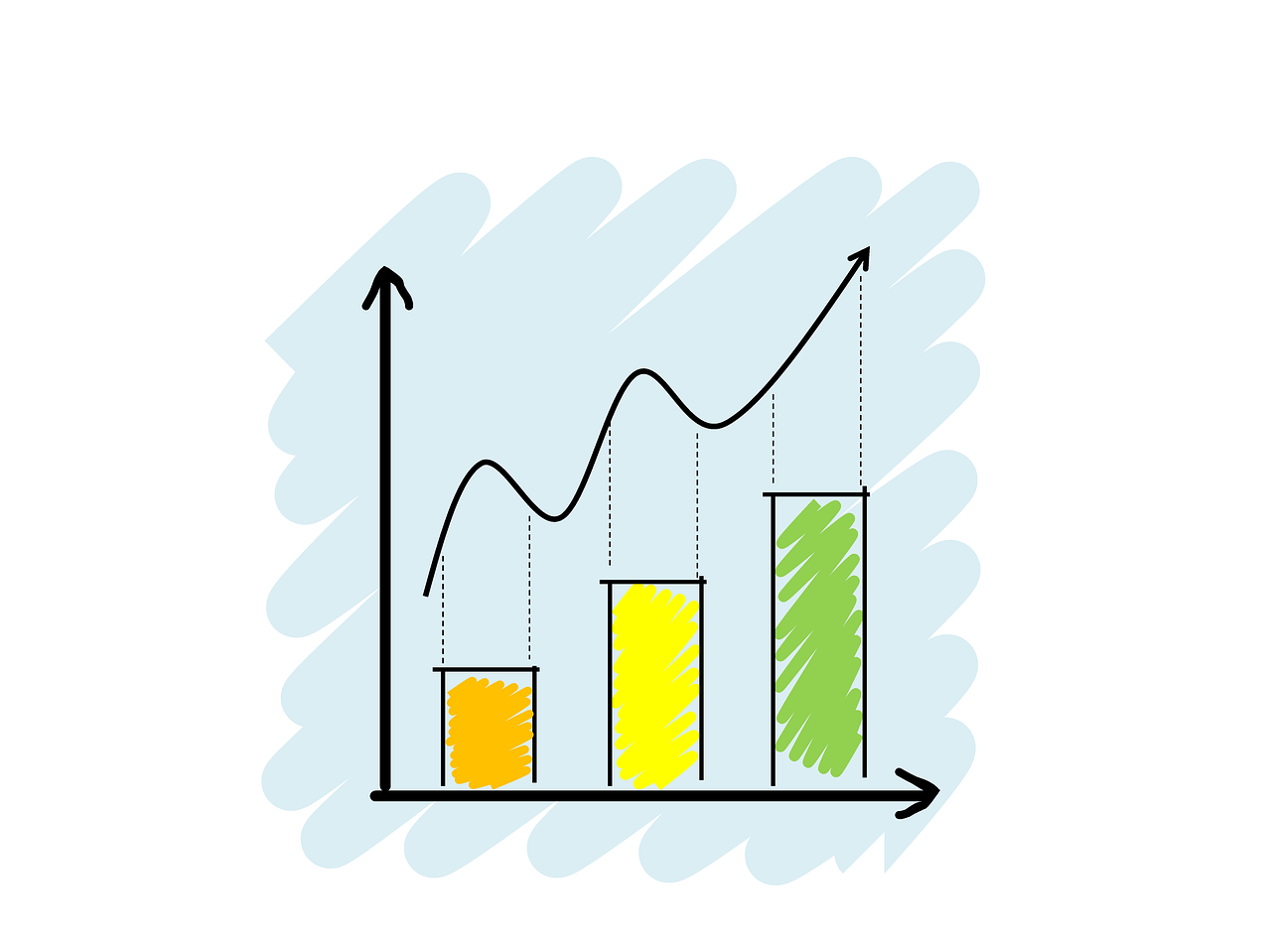
Advancements in payment solutions, such as one-click purchasing and digital wallets, are streamlining the buying process. These innovations minimize barriers to purchase, making it even easier for consumers to act on impulse.
As these trends gain traction, retailers equipped to integrate these technologies will undoubtedly capture the burgeoning market of impulsive buyers, thereby fortifying their competitive edge and driving significant revenue growth.
Try AI Customer Service Agent Free
Lessons Learned from Successful Brands
Successful brands have masterfully harnessed the power of impulsive buying by creating irresistible offerings that capture attention, making it nearly impossible to resist.
Effective marketing campaigns have employed emotional triggers that genuinely resonate with their audience.
Additionally, brands that have optimized their online user experience, ensuring a seamless path from discovery to purchase, have seen marked success. By simplifying checkout processes, they've eliminated hesitations and sealed the deal instantaneously, maximizing conversion rates.

Lastly, integrating personalized recommendations based on past behavior has driven a targeted approach to impulsive buying. By understanding consumer preferences and shopping habits, brands have created bespoke experiences that foster loyalty and drive repeated spur-of-the-moment purchases.
These strategies underscore the importance of innovation, customer-centricity, and adaptability in thriving within today's dynamic market landscape.
Psychological Triggers That Drive Unplanned Purchases
Impulsive buying is a fascinating phenomenon driven by a complex interplay of emotions, desires, and external triggers. Companies that master this dynamic can achieve incredible success.
One primary trigger is the sense of urgency. Limited-time offers create a fear of missing out.
Social proof, such as testimonials or user reviews, significantly influences buying behavior. Visual appeal also holds paramount importance, with attractive design instantly grabbing attention.
Creating a sense of exclusivity can propel consumers to buy without second thoughts, capitalizing on the desire to own unique items. Companies often use this tactic to create a luxurious perception around their products.
Psychological pricing strategies, like setting prices just below round numbers, can subtly persuade the consumer to make that impulsive purchase. Leveraging these triggers can revolutionize how businesses interact with potential buyers.
Marketing Tactics: Turning Browsers into Buyers
Harnessing the power of impulsive buying, marketers craft strategies that transform casual browsing into decisive purchasing.
A compelling tactic is the strategic use of scarcity and urgency. By highlighting limited stock or time-sensitive offers, companies effectively ignite a fear of missing out, prompting immediate action.
This tactic is further reinforced by visually captivating countdowns that make the consumer aware of diminishing availability.
Social proof continues to be a formidable ally in this endeavor. Verified reviews, glowing testimonials, and influencer endorsements provide the much-needed push for indecisive browsers. When potential buyers witness others benefiting from a product, it cultivates a herd mentality that encourages them to follow suit.
Personalization stands as another transformative tactic. Utilizing data-driven insights, marketers deliver tailored recommendations that resonate with individual preferences. This approach creates a bespoke shopping experience, increasing the likelihood of spontaneous purchases, and fostering a deeper connection between the consumer and the brand.
Companies can implement psychological techniques, such as dynamic pricing models and attractive financing options, to maintain a consumer's interest and drive conversions. These methods make high-value purchases seem more accessible, thereby turning a browsing session into a rewarding shopping experience marked by instant gratification and long-lasting customer loyalty.
Try AI Customer Service Agent Free
Starbucks & Nike Marketing Tactics Triggering Impulse Buying
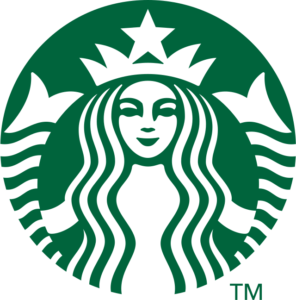
Starbucks has expertly used limited-time offers to create a sense of urgency. Their seasonal drinks and exclusive promotions entice customers to indulge in impulsive purchases, driven by the fear of missing out (FOMO) on these unique offerings.
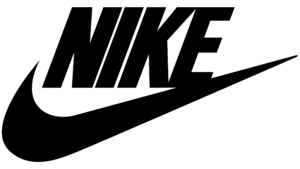
Nike’s flagship stores offer another brilliant case study in compulsive shopping.
By incorporating cutting-edge technologies such as augmented reality (AR) and interactive displays, Nike enhances the in-store experience, captivating consumers' attention and stimulating impulsive shopping behaviors.
These immersive technologies not only create a memorable experience but also drive immediate sales by tapping into customers' emotional engagement.
Lessons Learned from Industry-Leading Brands
Industry leaders demonstrate that impulsive buying strategies are effective and indispensable for driving sales growth. They create irresistible offers by leveraging psychological triggers and advanced technologies, turning fleeting desires into concrete purchases.
Companies like Amazon and Starbucks have mastered these techniques, setting the benchmark.
These brands teach us the power of personalization and urgency in fostering impulsive buying. Amazon's recommendation algorithms and Starbucks' limited-time offers capitalize on emotional triggers to ignite spontaneous purchasing decisions among consumers.
The consistent success of these strategies underscores the importance of continuously innovating to attract and engage customers. Forward-thinking enterprises should take note, investing in personalized shopping experiences and exclusive promotions to harness the full potential of impulsive buying and thereby maximize their growth trajectories.
Try AI Customer Service Agent Free
When does impulse buying occur?
Impulse buying often occurs when customers are emotionally driven. This emotional response can be triggered by various factors, creating a sudden urge to purchase.
Promotions and attractive displays can play significant roles, with strategically placed items near checkout lines or enticing offers eliciting spontaneous decisions. Retail environments are meticulously designed to encourage these behaviors.
Emotional states, such as stress, excitement, or sadness, can amplify the likelihood of impulsive purchases. When individuals experience these emotions, buying something new can provide temporary relief or joy.
Limited-time offers or exclusive deals can instill a fear of missing out. This urgency, driven by the scarcity principle, compels individuals to make purchases they might otherwise forego.
In today's digital age, online shopping enhances convenience, making it easier to succumb to impulsive buying.
What triggers impulsive purchases?
Emotions play a significant role.
Many impulsive purchases are driven by the immediate desire to attain satisfaction. In moments of emotional upheaval or stress, the lure of an unplanned acquisition can be powerfully enticing. The comfort, joy, or even novelty it brings serves as an instant reward, momentarily elevating one’s mood.
Neurochemical responses factor heavily.
Advertising also wields significant influence.
Marketing professionals stimulate an urgency to buy through strategic visual and verbal cues. Flash sales or limited-time offers amplify the fear of missing out, which can rapidly convert contemplation into spontaneous action.
Recognizing these triggers allows for more mindful consumer behavior. By understanding the psychological underpinnings, we gain the power to manage our buying impulses, becoming more intentional in our purchasing decisions.
Boosting Sales with AI-Driven Customer Engagement
AI-powered customer service, such as Respond.io, can dramatically increase prospects for impulsive buying in the increasingly digital retail market. By offering round-the-clock support and dynamically responding to interactions, AI technologies such as Respond.io can optimize the customer experience and promote impulsive purchases.
All the time. Accessibility and Prompt Support:
AI-powered customer support is always available, so when a potential consumer enters your online store, they will always receive timely, helpful assistance. This prompt service can quickly answer any questions or concerns a client may have, lowering the barrier to consideration and purchase. Furthermore, prompt reactions support the momentum of the purchase, which is essential for turning an impulse into a transaction.
Data-Oriented Customization:
Artificial intelligence (AI) systems like Respond.io use data from PDF inputs and website interactions to provide real-time, individualized recommendations.
These AI algorithms can recommend related products or time-limited deals that precisely match the interests of specific customers by examining user behavior and preferences. Personalized recommendations appeal to customers' emotions and increase the likelihood that they will make impulsive purchases.
Improved User Experience and Navigation
AI chatbots help consumers through their purchasing journey, improving the user experience as a whole. They can drive consumers to promotional offers, provide purchase recommendations based on past browsing activity, and even offer virtual fashion assistance. Because of this smooth, effective navigation, customers have less cognitive strain and are more likely to act impulsively.
Increasing Client Loyalty and Trust
Customer service driven by AI that is effective also increases loyalty and confidence. Artificial intelligence chatbots have the potential to improve customer happiness and promote customer loyalty by providing consistently excellent, individualized experiences. Due to their favorable prior experiences, customers who feel appreciated and understood by a company are more inclined to give in to impulsive purchases.
Using AI to Close the Knowledge Gap Between Decision and Information
Businesses may develop a more responsive and engaging retail environment that anticipates customer wants by utilizing AI solutions. For example, Respond.io-powered AI chatbots may anticipate frequent issues, offer customized guidance, and effectively close purchases by utilizing data from prior client encounters. By being proactive, you can grab reluctant customers at the perfect time and persuade them to finish an impulse buy.
Smooth Coordination with Marketing Initiatives
Customer care driven by AI easily meshes with more comprehensive marketing plans.
Sophisticated chatbots combined with shoppable posts, influencer-exclusive offers, and tailored email campaigns weave a coherent and captivating story to encourage impulsive purchases.
By utilizing AI's capabilities, brands may create enduringly captivating retail environments that make impulsive purchases a pleasurable and seamless aspect of the customer experience.
Try AI Customer Service Agent Free
Implementing solutions such as Respond.io allows businesses to provide data-driven personalization, seamless user experiences that satisfy customers' urgent needs, and round-the-clock support. This strategy encourages impulsive purchases and long-lasting client loyalty, giving businesses a competitive edge in today's quick-paced market environment.
Brands are able to produce significant and emotionally captivating shopping experiences by utilizing the complex interaction between AI and impulsive buying techniques. Accept these advances to turn indifferent browsing into eager buying and catapult your company into remarkable success.
You Might Be Interested In These Too!
Articles You May Like
- 6 Jaw-Dropping Tips To Generate Leads With Landing Page
- Ditch Generic Content. Harness the Power of Copywriting! 💥
- Conversion Paths in GA4: Importance Of Setting Up
- Social Media Marketing: How AI Transform It In 4 Ways
- Having A Slow WordPress Site? 5 Best Tips To Speed It Up
- iPrima Media Case Study: How We Helped a Malaysian Cabinet Installation Business Skyrocket Revenue Without Additional Staff
- Johor’s AI-Powered Video Production Agency: How iPrima Media Helps Businesses Stand Out
- 6 Top Email Marketing Tools To Boost Your Brand

